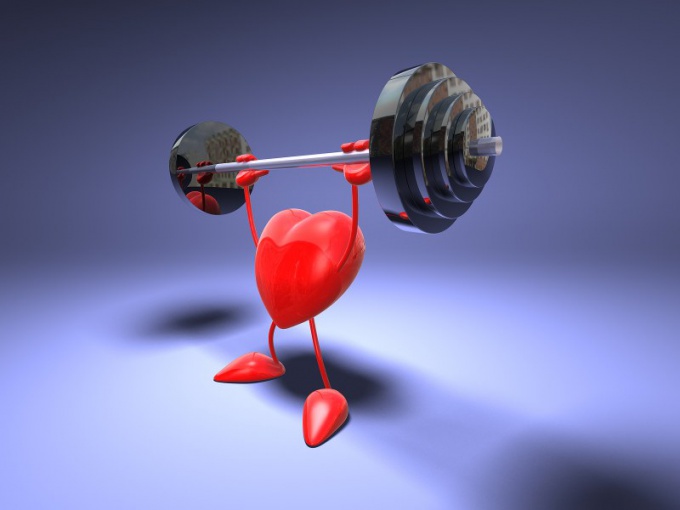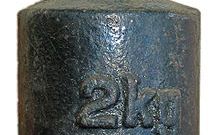Instruction
1
Typically, athletes training in speed-strength sports a higher heart rate, than among the representatives of different sports. More modest pulse of those whose training is directed on development of endurance.
2
Also beginners the pulse may be more frequent than experienced. In addition, with age the trained person is the frequency of the beating has a tendency to decline. The highest parameters in young athletes under the age of 15 years, training for speed and power. For them, the rule of 75-80 beats per minute. Those who train for endurance and has crossed the 30 year mark normal secteurs indicators of 45-50 beats per minute.
3
As well as ordinary people, in the supine position heart rate decreases 10 beats, than in the standing position. The women athletes the heart rate can be 7-10 beats less than men of the same age.
4
If an ordinary person's pulse at 60 beats less, he can diagnose bradycardia, athletes ' skiers, marathoners, cyclists-roadies 40-50 beats per minute is considered normal, as over time the heart has learned to work more efficiently. In addition, in this mode of operation improves nutrition and metabolism in the heart muscle. However, if the pulse at 40 beats and less is a serious reason for going to a cardiologist. Also, as with the indicators 90 beats above.
5
Unlike an untrained person, an athlete's heart is able to dramatically increase the frequency of contractions at high loads to provide increased blood circulation in the body. If earlier it was believed that his heart rate above 180 beats per minute – extremely high rate of work for hearts, that in our time the pulse is well-trained athletes can increase up to 200-220 beats without any negative consequences. However, the unprepared man's heart-rate can lead to overexertion.
6
When you exercise on a weight lifting pulse quickens to 120-135 beats per minute. However, many athletes may experience strain if the athlete lifting the weight stops breathing. Therefore, when training with large weights, it is recommended to follow your breath.
7
You should also not forget that heart rate in athletes can vary significantly depending on the lifestyle, environments, feeds, and many other factors, including individual characteristics.









